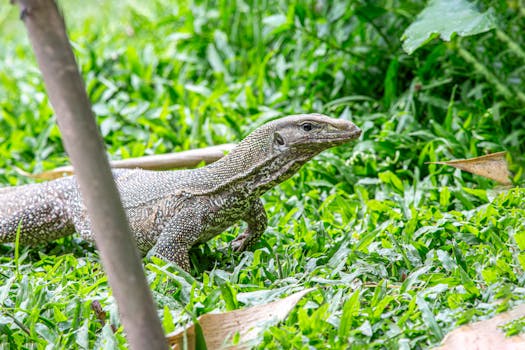You could do a foundation degree, higher national diploma or degree before applying for work as a countryside officer.
Relevant courses include:
- countryside or environmental management
- ecology and geography
- environmental studies
- plant biology
- conservation
Entry requirements
You'll usually need:
- 1 or 2 A levels, or equivalent, for a foundation degree or higher national diploma
- 2 to 3 A levels, or equivalent, for a degree





